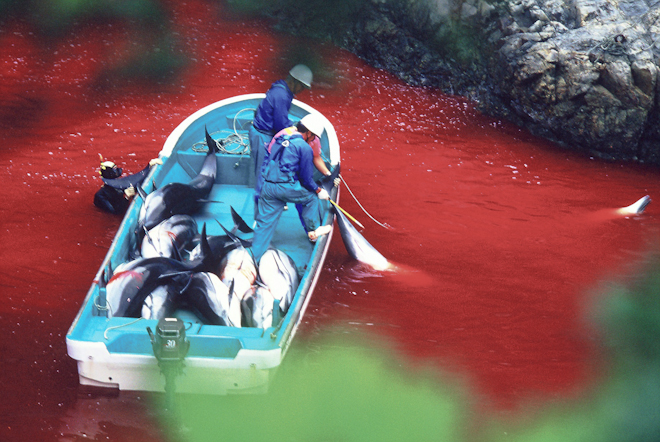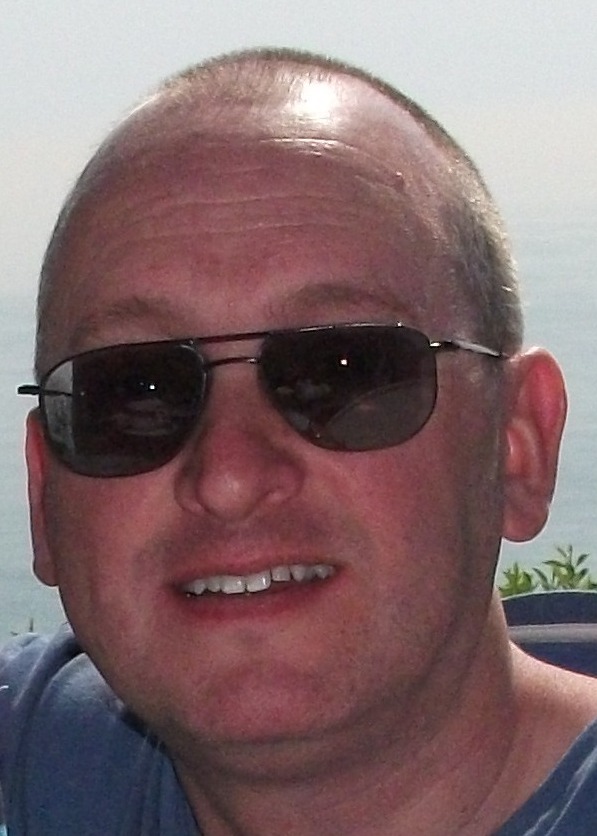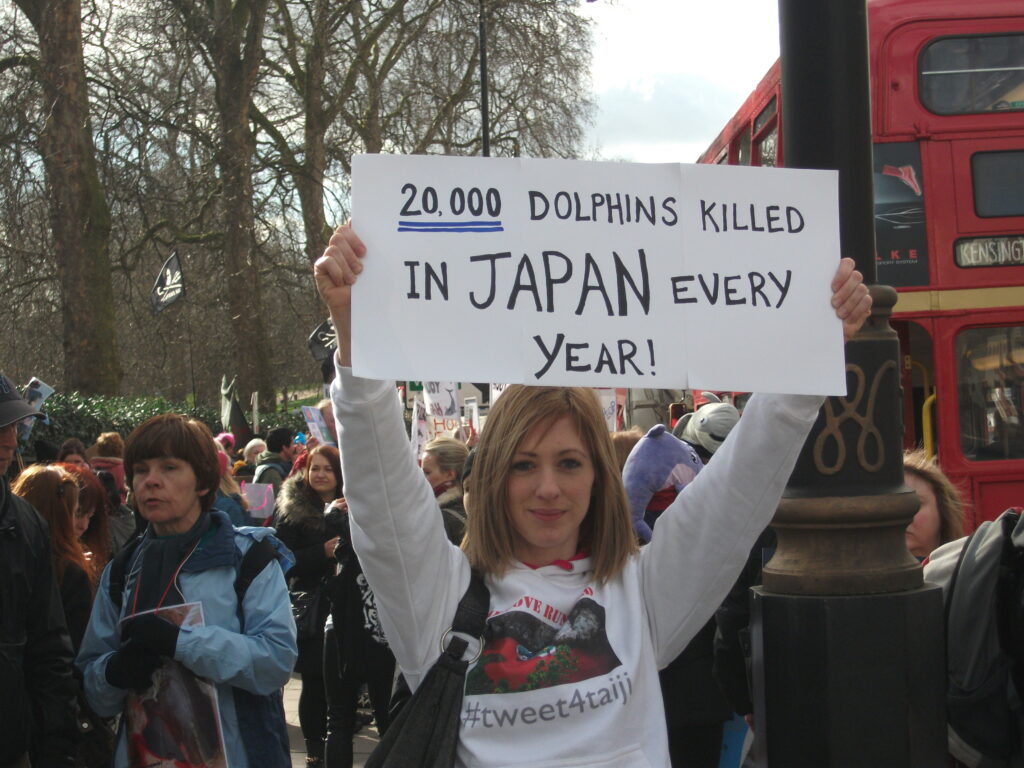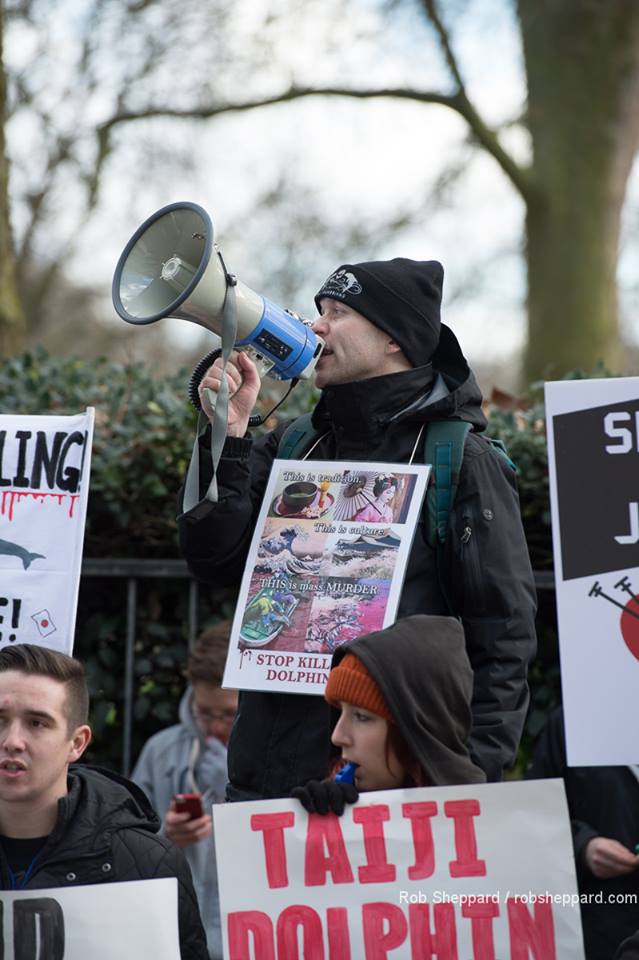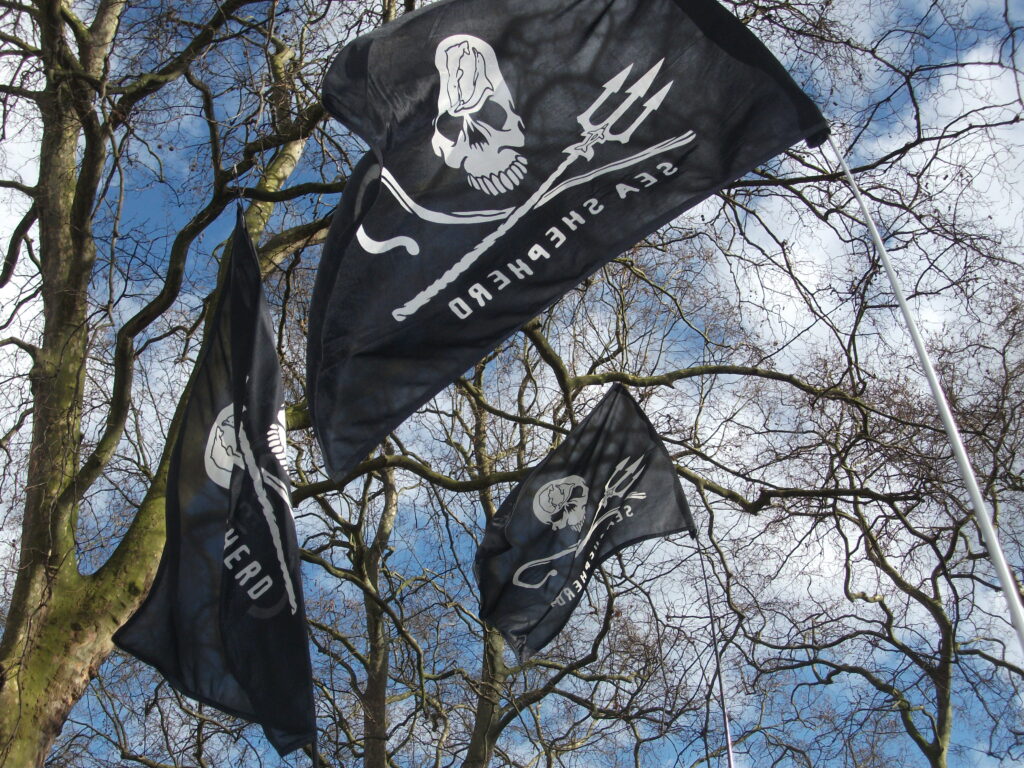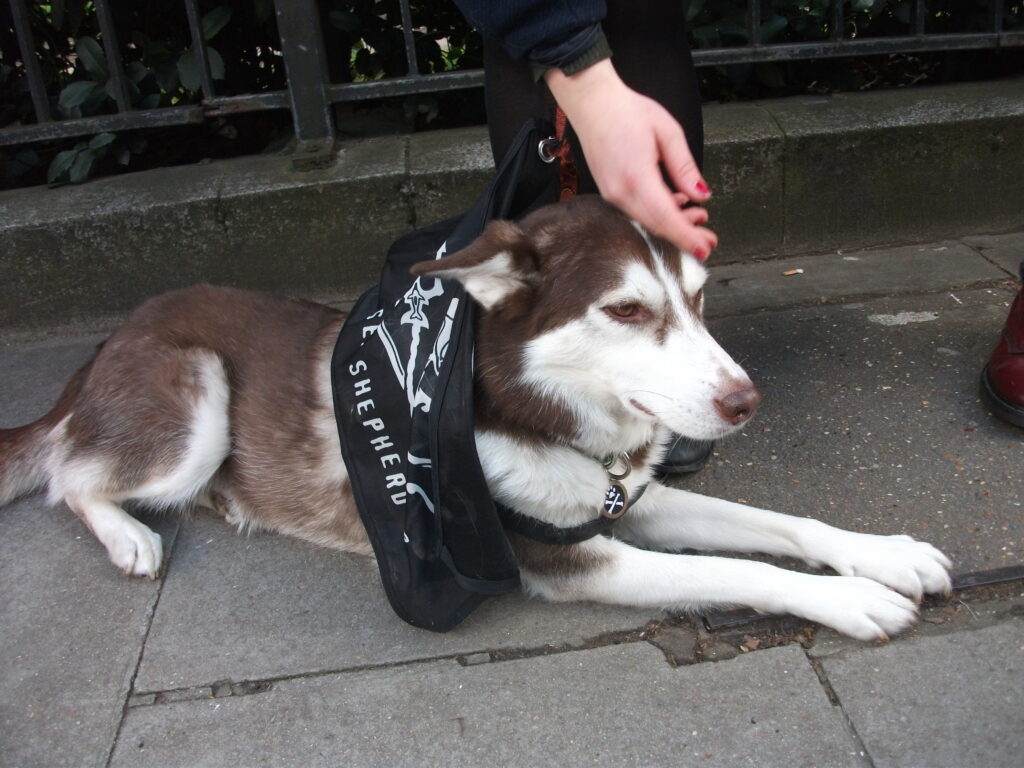A Cry From The Cove
A Cry From The Cove – Thank you again to Mark Stewart of London – England for contributing an article to A Beating Heart and sharing his personal experience in protesting against the heinous dolphin slaughter at Tajii – Japan. This killing will eventually cease because committed people all around the world are standing up and saying “enough” – the dolphin holocaust must stop!
By
Mark Stewart – London U.K.
Even as the fishermen beat the water to herd the dolphins towards captivity and death, a different cacophony could be heard thousands of miles away outside the Japanese Embassy in London, England.
The protest attracted people of all ages and backgrounds including animal rights champion – Helen Partridge.
The 21st of February 2014 must have been a date which the staff at the embassy had been dreading, for it was a date which exposed the latest in a long line of atrocities committed by Japanese fishermen against another race of sentient creatures. It was a day for dragging Japan’s shame into the daylight for all to see, where it twisted in the cold winter air like the body of a harpooned cetacean, a thing composed of blood and pain.
A committed activist makes his voice heard.
Those who attack animal advocates often try to stereotype their opponents by using labels such as activist, extremist, or even terrorist. And yet those who came to blow whistles, to beat drums, to sound horns and to chant and shout in unison were just ordinary people – men, woman and children of all ages – united by a willingness to confront the massacre of dolphins at a notorious cove off the pacific coast of Japan, a place already synonymous with bloody carnage. Tajii – Japan.
Hands covered in red paint were raised to symbolise that slaughter, flags and banners flew as a rallying point, and everyone seemed to know everyone else, such was the air of grim but somehow good natured camaraderie. I have seldom felt such a sense of belonging, of being in the right place at the right time. And yes in a very real sense the dolphins were there too. As each wave of sound broke against the concrete shore of the embassy, there was that familiar playful cry, distorted now in the hidden bay at Taiji where it has become an agonised plea for mercy.
The Sea Shepherd’s were well represented at the demo.
“Damn funny. Sounds like a train,” says Michael Caine in the movie Zulu, as he hears for the first time the sound of the warrior’s spears beating against their war shields. Is this what the dolphins hear? A relentless drumming on the surface of the water; the sound of the enemy gathering to attack. It is a noise which Ric O’Barry, who has devoted much of his life to freeing captive dolphins, hears in his sleep. A sound akin perhaps to that made by the cattle cars as they pulled into Auschwitz.
A non-human protester remains serene despite the noise generated by his fellow campaigners!
Dolphins live by sound, by delicate acoustic patterns, the sonar pulses by which they communicate, hunt and navigate. Few animal senses are more acutely tuned, or so far reaching. So maybe in a way they did hear us after all. Perhaps they heard the message that those inside the embassy, and their political paymasters back home, didn’t want to hear.
And every beat, every shout, every whistle said the same thing to the dolphins …

